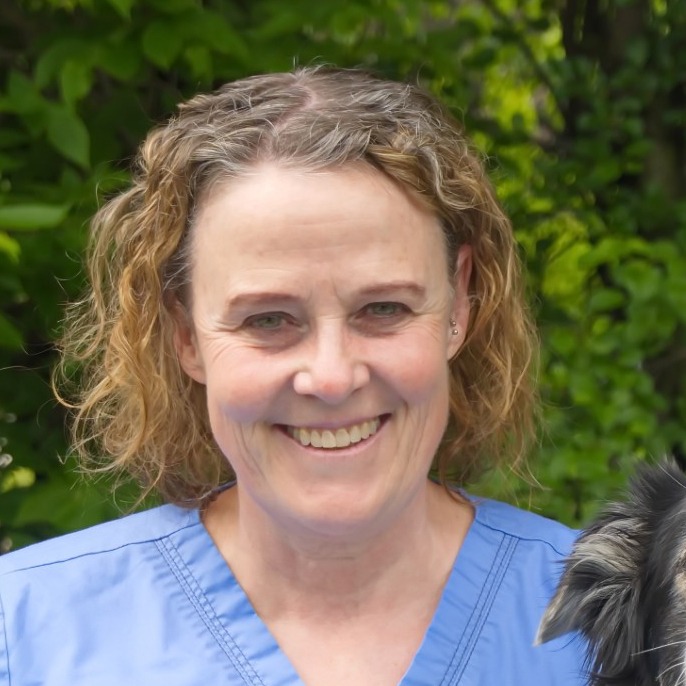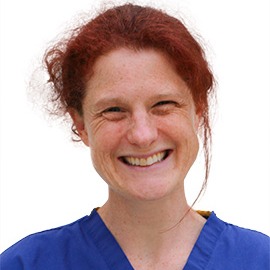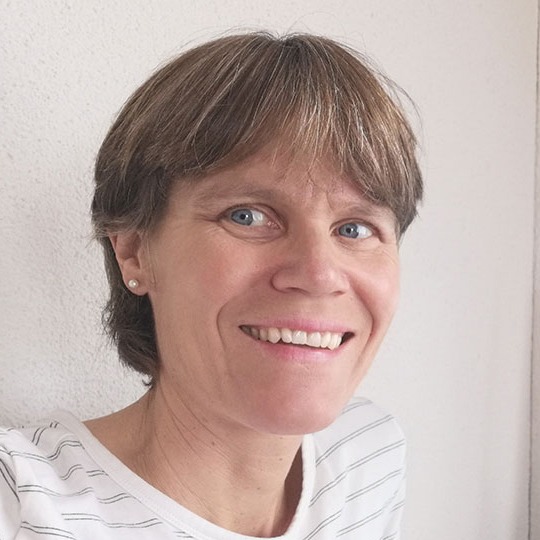Fluid Therapy in Small Animals
Species
Small Animal
Contact Hours
3
Early Booking Deadline
Sun, 06 August, 2023
Registration Deadline
Fri, 25 August, 2023
Language
English
Discipline
Anaesthesia & Pain Management
Emergency & Critical Care
Internal Medicine – Endocrinology, Haematology, Infectious Diseases, Parasitology & Oncology
Pathology - Clinical & Gross
Surgery
Toxicology & Pharmacology
Industry Partners
Global

Veterinary Partners
Global


Recorded on: 21st September 2023
Panelists:
Karen Humm MA, VetMB, MSc, CertVA, DACVECC, DECVECC, FHEA, MRCVS - The Royal Veterinary College, UK
Andre Shih DVM, DACVAA, DACVECC - Dogwood Veterinary Specialty, GA, USA
Nadja Sigrist PD Dr.Med.Vet., FVH, DACVECC, DECVECC - Vet ECC CE, Switzerland
Moderator:
Elke Rudloff DVM, DACVECC - Blue Pearl Pet Hospice, USA
PANEL DISCUSSION DESCRIPTION
Fluid therapy is a serious business! Fluids are a drug that is routinely prescribed in daily clinical practice. As with any drug, the risk of complications is real when they are prescribed without thoughtful intent.
Join our international panel of world-renowned emergency & critical care specialists as they discuss and debate their views, preferences and the evidence on fluid therapy for emergent and critical cases. Topics to be discussed may include:
- Are hydration and perfusion the same thing?
- Is hypovolemic shock in the cat really different from the dog?
- Can’t LRS/Hartmann’s solution be used to cover all fluid needs?
- Doesn’t 90 ml/kg/h pretty much capture all the fluid resuscitation needs of a critical patient?
- Colloid fluids are a thing of the past and can kill critical patients, right?
- Using 0.9% saline solution for any sodium imbalance is never a mistake…
With the panel planning to have open and frank discussions sharing evidence and opinions, there will be plenty of opportunity for attending veterinarians and nurses/technicians to ask questions and to share their own experiences with the group.
Dr. Shih is double-boarded in Veterinary Anesthesia and Analgesia and in Veterinary Emergency and Critical Care. He graduated from the University of Sao Paolo in Brazil with his doctorate degree in Veterinary Medicine in 1999. He completed his residency in Veterinary Anesthesia at the University of Florida. He then completed a fellowship in Veterinary Emergency Medicine and Critical Care.
Dr. Shih is boarded in both the American College of Veterinary Emergency Critical Care and also in the American College of Veterinary Anesthesia and Analgesia. Following his residency and fellowship, he spent 12 years on faculty as an associate professor in the Department of Anesthesia at the University of Florida College of Veterinary Medicine. He joined the staff at Capital Veterinary Specialists, Jacksonville in 2016 and is excited to be serving the First Coast. Dr. Shih's areas of interest include preload monitoring, hypovolemic shock, and cardiopulmonary resuscitation.
Dr. Shih is married and has two children. He enjoys fishing with his sons in his free time.
Dr. Rudloff is a 1991 graduate of Purdue University School of Veterinary Medicine. She completed her residency training at the Animal Emergency Center and achieved board certification in the American College of Veterinary Emergency and Critical Care in 1995. She has supervised/mentored 28 ACVECC Diplomates and is currently a clinical supervisor at the Lakeshore Veterinary Specialists in Glendale, Wisconsin.
She has served as the IVECCS Program Director from 1998-2009, and from 2013 until now. She is the 2008 recipient of the Ira Zaslow Award for distinguished service in the field of veterinary emergency and critical care and is an internationally recognized educator in the field of veterinary emergency and critical care.
She routinely incorporates her medical acupuncture skills into her everyday practice to enhance the well-being and pain management of critically ill and injured patients. Her special interests include fluid resuscitation, emergency surgery, and trauma management, topics on which she has published in peer-reviewed journals and book chapters.
Karen graduated from Cambridge in 2001 and spent two years in small animal practice before completing an internship at Liverpool University.
She then worked at an emergency clinic before starting a residency at the RVC in Emergency and Critical Care. She gained the American Diploma in Veterinary Emergency and Critical Care in 2008 and is now a Senior Lecturer in ECC. She is also Director of the Transfusion Medicine Service.
Her areas of interest include transfusion medicine, acute kidney injury and veterinary teaching.
After graduating from the veterinary school of the university of Bern in 1996, Nadja completed a doctoral thesis and trained as a specialist for small animals (FVH) before completing a residency in Veterinary Emergency and Critical Care. She is an ACVECC Diplomate since 2004 and ECVECC founding Diplomate since 2014.
From 2005-2010 she was senior clinician in ECC medicine and helped develop the emergency and ICU service at the Small Animal Hospital of the Vetsuisse Faculty of Bern. From 2013-2020 she was senior clinician and the head of the Small Animal Intensive Care Unit at the Small Animal Hospital of the Vetsuisse Faculty of Zürich.
In 2021, Nadja left the university setting to concentrate on her own company VET ECC CE (Veterinary Emergency and Critical Care Consulting & Education) which offers continuing education and consulting in the field of small animal emergency and critical care.
Nadja has published several clinical articles in peer-reviewed veterinary journals, is the Editor of a Small Animal Emergency Medicine book and habilitated in the field of thromboelastometric evaluation of hemostasis. She lectures regularly at national and international courses/conferences on small animal emergency and critical care medicine.
Qualified Vet
Online Panel Discussion
USD 95.00
Veterinary Student (Requires proof of status)
Online Panel Discussion
USD 40.00
Intern/Resident (Requires proof of status)
Online Panel Discussion
USD 75.00
Vet & Vet. Nurse / Vet. Technician
Online Panel Discussion
USD 75.00
If the options you are looking for are unavailable, please contact us.
No tax will be added unless you are a UK taxpayer
Choose currency at checkout


















